- Main Challenges Faced by iGaming companies without DevOps
- Key Differences Between DevOps Practices in the iGaming Industry vs Other Industries
- Specific DevOps Practices and Considerations Tailored to the iGaming Industry
- Best Practices for DevOps in Gaming
- Benefits of DevOps for Gaming Companies
- Integration of Game Engines into CI/CD Pipelines
- Case Study
- Conclusion
Game development is a multifaceted undertaking that necessitates collaboration among various teams responsible for diverse facets of the game, encompassing design, development, and testing. DevOps techniques and tools have significantly simplified the game development process through the automation of tasks like asset building, testing, and deployment.
In this article, we will delve into the optimal strategies and the multitude of advantages that DevOps brings to gaming enterprises, particularly those in the realms of gambling and iGaming.
Main Challenges Faced by iGaming companies without DevOps
The iGaming industry operates in a unique and highly regulated environment. Gaming regulators, licensing bodies, and auditors are constantly overseeing these companies to ensure fairness, security, and compliance. Without the adoption of DevOps practices, iGaming companies face several significant challenges that can impact their stability, data security, and scalability.
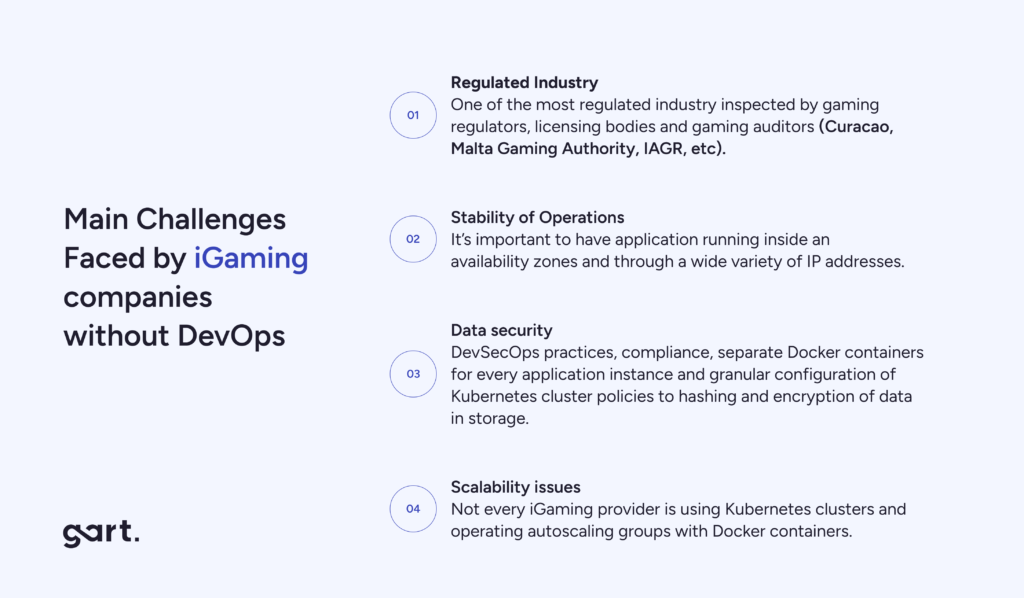
Regulatory Compliance and Auditing
One of the primary challenges for iGaming companies operating without DevOps is ensuring regulatory compliance. These companies must adhere to stringent rules and regulations imposed by entities like Curacao, the Malta Gaming Authority, and the International Association of Gaming Regulators (IAGR). Manual compliance checks and updates can be time-consuming and prone to human error. DevOps practices can automate compliance checks and help implement regulatory changes swiftly, reducing the risk of non-compliance and regulatory fines.
Stability of Operations
iGaming companies must provide players with a stable and uninterrupted gaming experience. Without DevOps, ensuring high availability and operational stability can be challenging. DevOps practices, such as deploying applications across multiple availability zones and through a wide range of IP addresses, help maintain consistent uptime and provide redundancy in the event of server failures or outages. This is vital for player trust and retention.
Data Security and Privacy
Data security is paramount in the iGaming industry, as it involves handling sensitive player information and financial transactions. DevSecOps practices, including integrating security into the development and deployment processes, can significantly enhance data security. The use of separate Docker containers for each application instance and granular configuration of Kubernetes cluster policies ensures that data remains isolated and protected. Implementing encryption and hashing techniques for data at rest and in transit further safeguards sensitive information.
Scalability Issues
Scalability is a critical consideration for iGaming companies, especially during peak periods or when experiencing a surge in player traffic. Without DevOps, some companies may not be using technologies like Kubernetes clusters and autoscaling groups with Docker containers, making it difficult to efficiently scale resources based on demand. DevOps enables automated scaling, ensuring that resources are available to accommodate fluctuating player loads, enhancing the overall gaming experience, and preventing potential performance bottlenecks.
Key Differences Between DevOps Practices in the iGaming Industry vs Other Industries
| Aspect | Gaming Industry | Other Industries |
|---|---|---|
| Frequency of Updates | Frequent, rapid updates and patches | Updates are less frequent |
| Priority | Player experience and real-time issue resolution | Focus on system performance and reliability |
| Regulatory Compliance | Heavily regulated, frequent compliance checks | Compliance varies by industry |
| Security and Data Privacy | Strong security practices, encryption, and access controls | Security adapted to sector needs |
| Player Feedback Integration | Continuous integration of player feedback | Feedback integration varies by pace |
| Game Content Management | Regular content releases for player engagement | Content management varies in frequency |
Specific DevOps Practices and Considerations Tailored to the iGaming Industry
Game Build and Distribution Automation
DevOps can automate the entire game build and distribution process. This means that when developers make changes to the game code, a new version of the game is automatically built and deployed, making it quicker and more efficient to release updates or patches to players.
Real-Time Monitoring and Analytics
Gaming companies should implement robust real-time monitoring and analytics tools. This allows for immediate detection of in-game issues, server performance problems, or player experience disruptions. DevOps can be used to create automated alerts and response systems, ensuring that any issues are addressed swiftly to maintain an uninterrupted gaming experience.
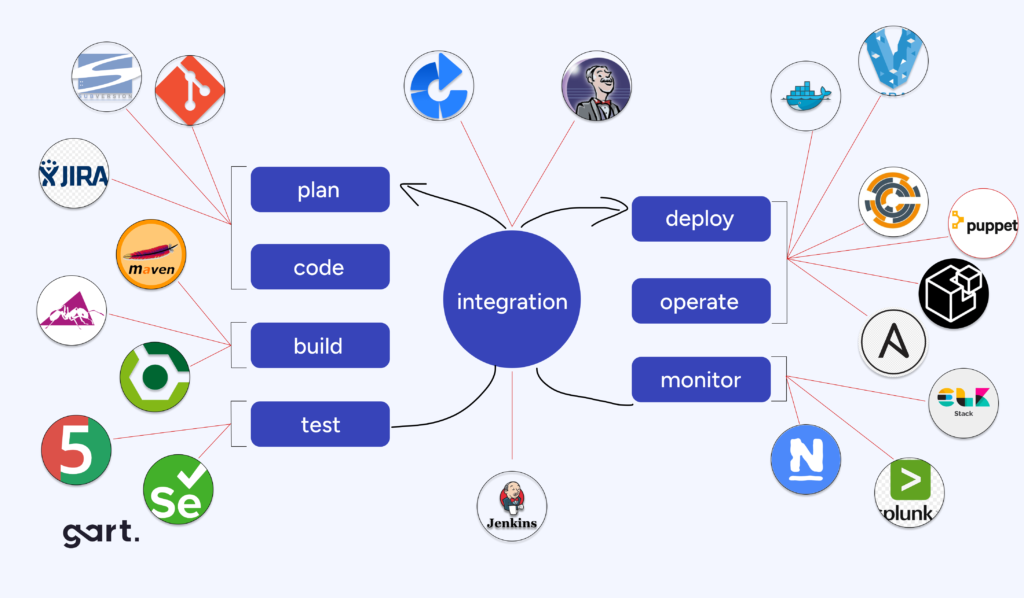
Load Testing for Scalability
Gaming companies often experience sudden surges in player traffic, especially during special events or game launches. DevOps can facilitate load testing to ensure that game servers can handle these traffic spikes without crashing. This is critical for maintaining player satisfaction and retention.
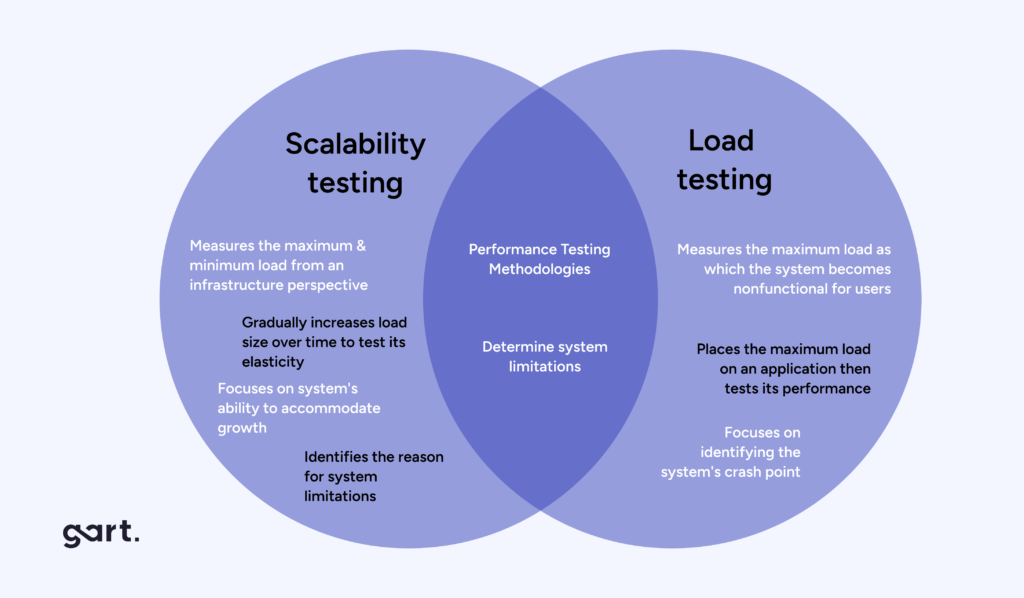
A/B Testing for Game Features
DevOps principles can be applied to A/B testing of game features. By releasing multiple versions of a game to different player segments and collecting data on player preferences and behavior, gaming companies can use DevOps practices to quickly iterate and optimize game design and mechanics.
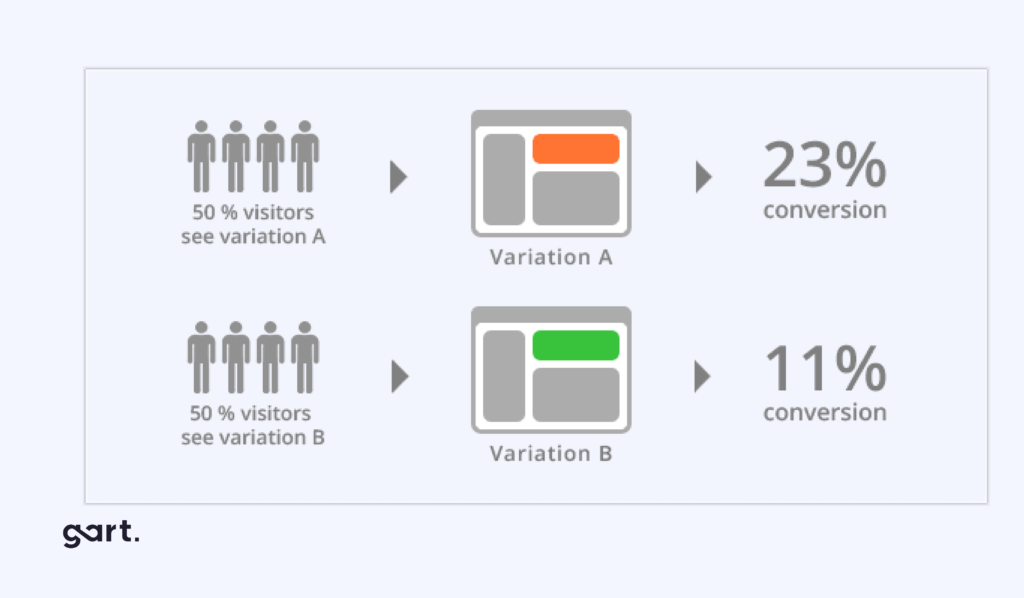
Player Data Privacy and Compliance
In the gaming industry, ensuring player data privacy and adhering to compliance regulations is crucial. DevOps can automate security and compliance checks to guarantee that player data is handled securely and that the game complies with regional regulations and privacy laws.
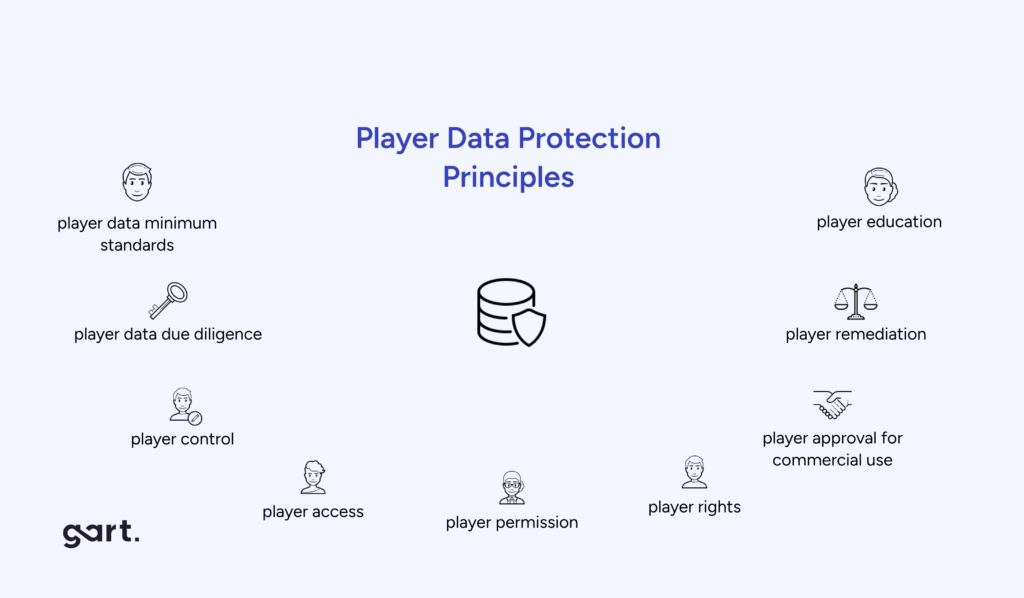
Game Content Management
For online games, regular content updates are essential to keep players engaged. DevOps can facilitate the management of game content, enabling quick and efficient content releases while maintaining game stability.
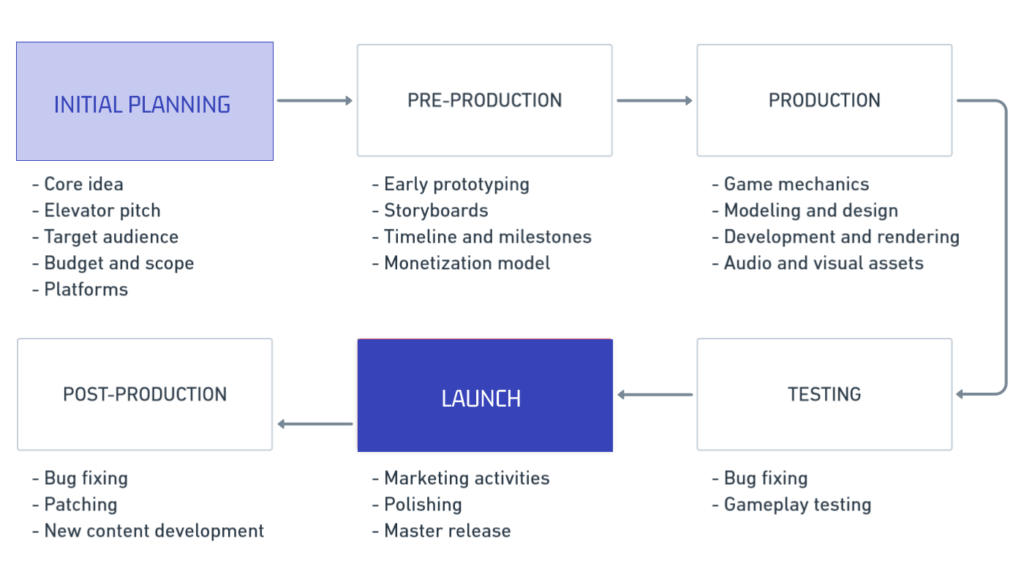
Disaster Recovery and Redundancy
Gaming companies need robust disaster recovery plans and redundancy measures to ensure that games remain available even in the face of server failures or other disruptions. DevOps practices can automate these processes to minimize downtime.
Player Feedback Integration
Gaming companies can use DevOps to create automated systems for capturing player feedback, which can then be analyzed and integrated into development cycles. This feedback loop can lead to more player-centric updates and enhancements.
Cross-Platform Compatibility
Many modern games are designed to run on various platforms, such as PC, console, and mobile devices. DevOps practices can help ensure that games are consistently updated and perform optimally across multiple platforms.
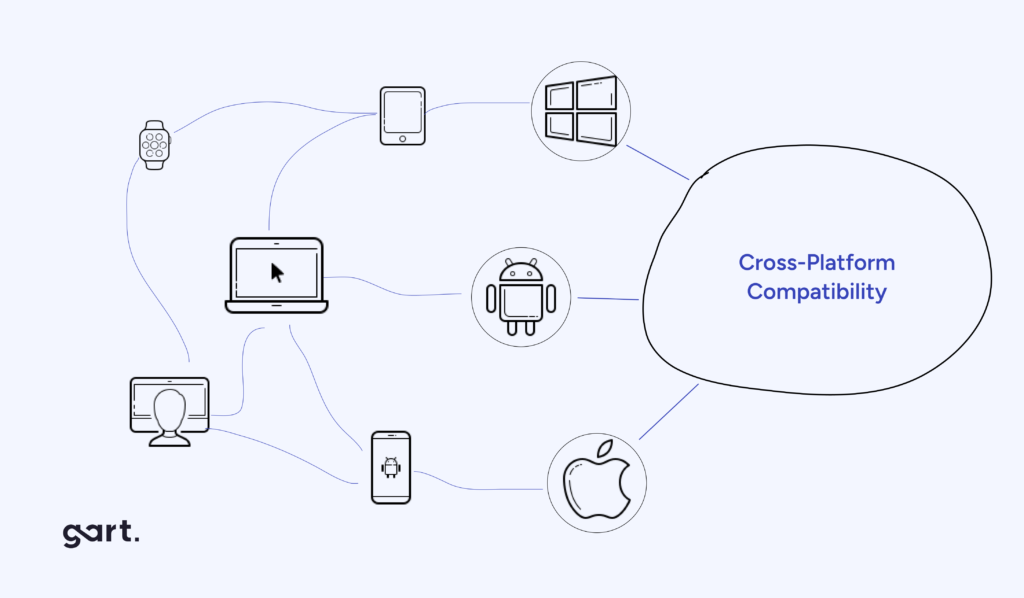
Game Telemetry and Performance Optimization
Collecting and analyzing telemetry data from the game (e.g., player behavior, in-game performance, and crashes) is essential. DevOps can automate the processing of telemetry data to identify areas for performance improvement and enhance the overall gaming experience.
Best Practices for DevOps in Gaming
- Automation of Deployment and Testing: One of the core principles of DevOps is automation. In gaming, where updates and releases are frequent, automating the deployment process can ensure that new features or bug fixes are implemented smoothly and without disruptions. Automated testing is equally important to maintain the quality of the gaming experience.
- Continuous Integration and Continuous Delivery (CI/CD): CI/CD pipelines streamline the delivery process by automatically integrating code changes and delivering them to production. This accelerates time-to-market and reduces the risk of introducing errors.
- Version Control: Utilizing version control systems like Git allows gaming companies to manage and track changes to their codebase effectively. This ensures that every change is well-documented and reversible.
- Infrastructure as Code (IaC): Treating infrastructure as code means that your gaming company can provision, manage, and scale resources efficiently through code. This not only reduces manual errors but also makes the entire system more reliable and scalable.
- Monitoring and Feedback Loops: DevOps emphasizes real-time monitoring of applications and infrastructure. This helps in identifying issues early and allows teams to provide quick fixes or enhancements. Continuous feedback loops ensure that the gaming experience is continually improving.
- Security Integration: With the prevalence of cyber threats, incorporating security into DevOps practices is crucial. Security checks should be automated throughout the development process to identify vulnerabilities and ensure a secure gaming environment.
- Serverless Agility: With serverless architecture, iGaming SaaS platforms don’t need to manage servers or infrastructure.
Serverless platforms automatically handle the scaling of resources based on demand. This ensures that your SaaS application can easily accommodate fluctuations in user activity without manual interventions. - Microservices Architecture: SaaS solutions aren’t constructed as large, monolithic applications that rely on a complex network of servers.
Microservice architecture is like building a digital system using small, independent building blocks (microservices) that work together. Each building block does a specific job, and they all communicate to create a complete, flexible, and efficient system.
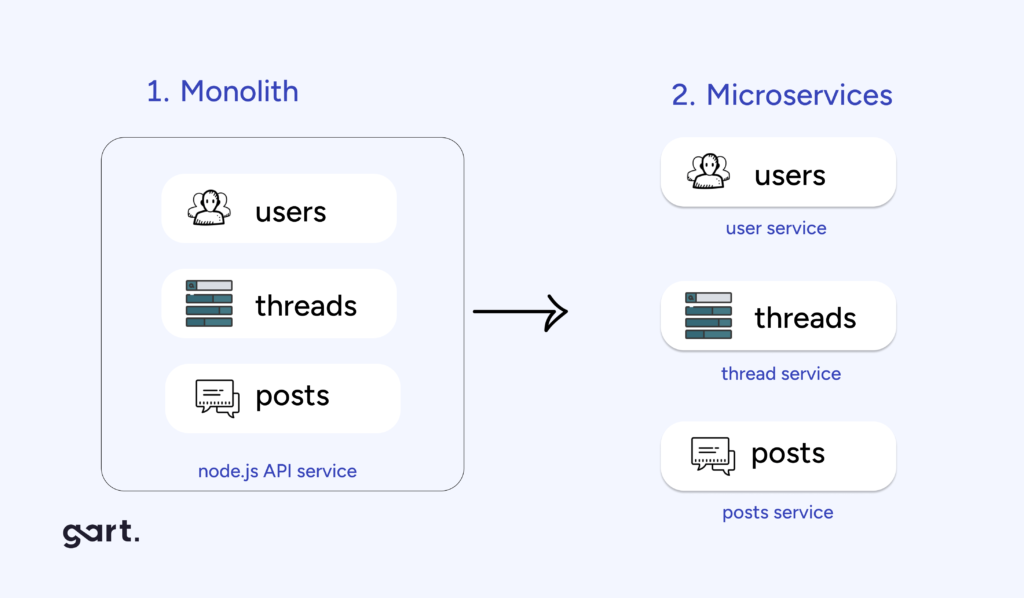
In the gaming industry, DevOps practices can have a significant impact on the player experience, game quality, and the ability to respond to rapidly changing player preferences. By tailoring DevOps processes to the unique demands of gaming, companies can stay competitive and offer a more engaging and reliable gaming experience.
Benefits of DevOps for Gaming Companies
Faster Time-to-Market
DevOps enables rapid deployment of new features and updates. In the gaming industry, this means that companies can respond to market demands quickly, making it easier to stay competitive.
Enhanced Quality and Reliability
Automation of testing and quality control reduces human errors and ensures that the gaming experience is reliable and consistent, thus increasing player trust.
Improved Collaboration
DevOps encourages better communication and collaboration between development and operations teams. This synergy results in smoother processes and quicker issue resolution.
Cost Efficiency
By automating and streamlining processes, gaming companies can optimize resource utilization, ultimately reducing operational costs.
Scalability
With Infrastructure as Code, gaming companies can scale resources up or down based on demand. This flexibility is crucial for handling peak loads, such as during major gaming events or promotions.
Competitive Edge
Implementing DevOps practices gives gaming companies a competitive edge. They can keep up with market trends and swiftly respond to customer feedback, attracting and retaining a larger player base.
Security
By integrating security into the DevOps pipeline, gaming companies can proactively address vulnerabilities, ensuring player data and transactions remain secure.
Integration of Game Engines into CI/CD Pipelines
The integration of game engines into Continuous Integration/Continuous Deployment (CI/CD) pipelines is essential for streamlining game development and ensuring the efficient and automated delivery of high-quality games. Here’s a step-by-step guide on how to achieve this integration:
1. Version Control Setup:
- Choose a version control system (e.g., Git) and create a repository to manage the game’s source code and assets. Ensure that team members are well-versed in version control practices.
2. Select a CI/CD Platform:
- Choose a CI/CD platform or system that aligns with your development needs. Popular options include Jenkins, Travis CI, GitLab CI/CD, or cloud-based services like CircleCI and GitHub Actions. More CI/CD tools you can find here.
3. CI/CD Configuration:
- Set up a CI/CD pipeline in your chosen platform. Define the various stages of your pipeline, which may include:
- Build Stage: Configure the pipeline to automatically build the game using the game engine. Game engine-specific command-line tools can be used to initiate the build.
- Testing Stage: Implement testing scripts and quality assurance checks. These can include unit tests, integration tests, performance tests, and other checks to ensure the game functions correctly.
- Deployment Stage: Define the deployment process, which includes packaging the game for specific platforms and uploading it to distribution platforms or app stores.
4. Game Engine Integration:
- Utilize the game engine’s command-line or scripting capabilities to trigger builds and exports. Most game engines, such as Unity and Unreal Engine, provide command-line tools that allow you to build games without the need for manual intervention.
- Incorporate these engine-specific commands into your CI/CD pipeline scripts. For example, you can use Unity’s command-line interface (Unity CLI) to build and export the game for various platforms.
5. Asset Management:
- Leverage the asset management features within the game engine to track changes, collaborate on assets, and manage asset versioning.
6. Automation and Triggering:
- Configure your CI/CD pipeline to trigger automatically whenever there is a new code commit or asset change in the version control system. This ensures that builds and tests are run as soon as changes are made.
7. Environment Configuration:
- Ensure that the CI/CD pipeline replicates the target environments accurately. Game engines may require specific configurations for each platform (e.g., PC, console, mobile), and these configurations should be defined in the pipeline scripts.
8. Testing and Quality Assurance:
- Implement automated testing scripts within the pipeline to validate the game’s functionality, performance, and quality. This can include functional testing, load testing, and compatibility testing for different platforms.
9. Deployment and Distribution:
- Automate the deployment process, which involves packaging the game for specific platforms and distributing it to app stores or other distribution channels. Ensure that deployment scripts are tailored to each platform’s requirements.
10. Monitoring and Reporting:
- Set up monitoring and reporting tools to track the progress and outcomes of each CI/CD pipeline run. This allows you to identify and address any issues promptly.
11. Rollback Mechanism:
- Implement a rollback mechanism in case issues arise after a game’s release. This mechanism should enable you to revert to previous game versions quickly and efficiently.
By following these steps, game developers can successfully integrate game engines into CI/CD pipelines, enabling automated and efficient game development, testing, and deployment processes while maintaining high-quality gaming experiences for players.
Case Study
Explore how Gart configured the infrastructure to accommodate third-party regulators, ensuring compliance with state-specific regulations across the United States. And also how we helped to increase the overall performance by 30–40 percent by implementing practices such as CI/CD automation and IaC.
AWS Migration & Infrastructure Localization for Sportsbook Platform

Conclusion
In the dynamic and fiercely competitive gaming, gambling, and iGaming sectors, the adoption of DevOps transcends being merely a recommended practice; it has become an imperative. Its capacity to promptly respond to market shifts, deliver top-tier gaming experiences, bolster cooperation, and enhance security positions DevOps as a transformative force for enterprises within these industries.
For iGaming companies seeking DevOps services, we encourage you to reach out to Gart. Embracing DevOps principles not only heightens a company’s standing within the market but also significantly contributes to the overall success and reliability of the gaming experience, ultimately leading to greater player satisfaction and a more robust financial performance.









